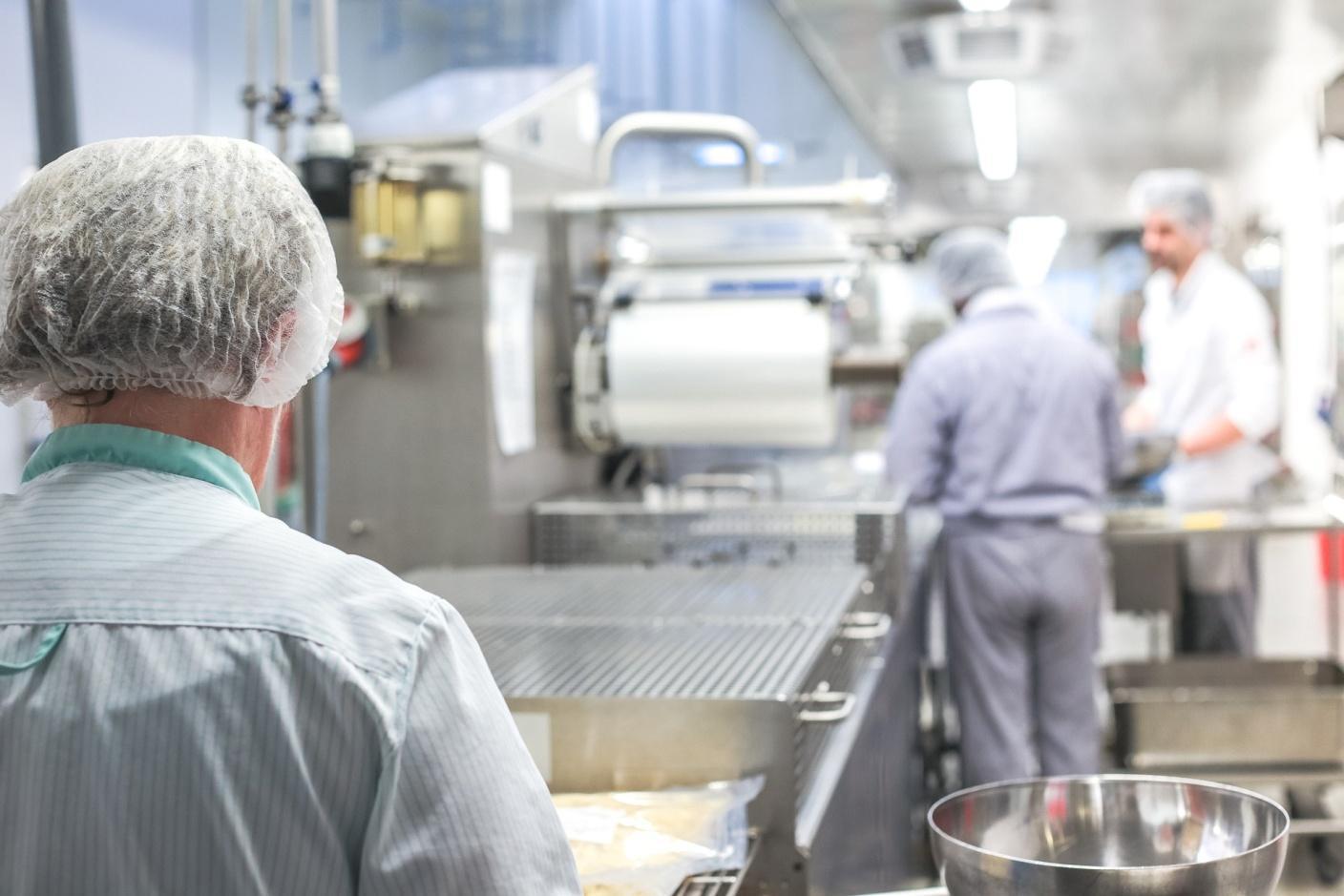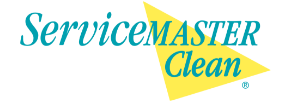
What are Food Allergies?
Food allergies are illnesses that cause an adverse reaction in consumers as a result of a specific ingredient or food. An estimated 6 to 7 million Americans suffer from some kind of food allergy. While the word allergy brings to mind a harmless sneeze or an itch, the truth is that allergic reactions to food can be severe and in some cases, even life-threatening.
Allergens differ from people to people, but there are eight major allergenic foods that make up 90% of all food allergies in the US. These are categorized as the Big-8 and include milk, eggs, fish, shellfish, tree nuts, wheat, peanuts, and soybeans.
How do Sanitation and Allergies Go Hand in Hand?
Consumers who have food allergies are reliant on the accuracy of food labels and ingredient lists to make sure that they don’t come into contact with an allergen. If your business is not taking adequate steps to ensure that proper sanitation is a big part of your production, you may be putting people’s health and lives at risk.
Cross-contact is the term used to refer to the presence of an allergenic ingredient in a product that is labeled as safe and free of allergens. This is most likely due to improper and inefficient cleaning of machinery and surfaces – especially ones that are shared among different foods.
Imagine a company that produces both peanut butter and chocolate chip cookies. For someone that has a peanut allergy, chocolate chip cookies are completely safe to eat. However, if the cookies are prepared on the same surface that was used ny the penut butter, there’s a high chance that traces of peanuts will make it into the chocolate chip cookie dough and cause the consumer to have an allergic reaction.
While minor traces of ingredients may not seem like a problem to most people, they can be deadly for someone with allergies. The same rules apply to restaurant owners who share the responsibility of practicing proper hygiene and sanitation to ensure they are providing their customers with safe to eat meals.
How to Ensure Your Facility Has Proper Sanitation
Having standard operating procedures to ensure your facilities and kitchens are clean is helpful, however not always efficient when it comes to allergy prevention. This is because there is no blanket solution to cleaning allergic foods. What works for one allergenic ingredient may not work for another.
In order to ensure that you are maximizing the effectiveness of your cleaning methods, it is best to employ the help of professionals who can customize and tailor cleaning procedures according to your needs.
Professional cleaning services do not only help to keep surfaces and machinery/equipment clean, they can also be important when it comes to keeping the general cleanliness of your property up to the mark. Dust, pollen, and mold can greatly reduce the quality of air and your surroundings.
This is why at ServiceMaster Clean we understand that every business comes with its unique needs. We offer a wide variety of cleaning services that all follow the highest standards to ensure you get the quality you deserve.
Call us today at (919) 899-2279 to schedule an appointment.

